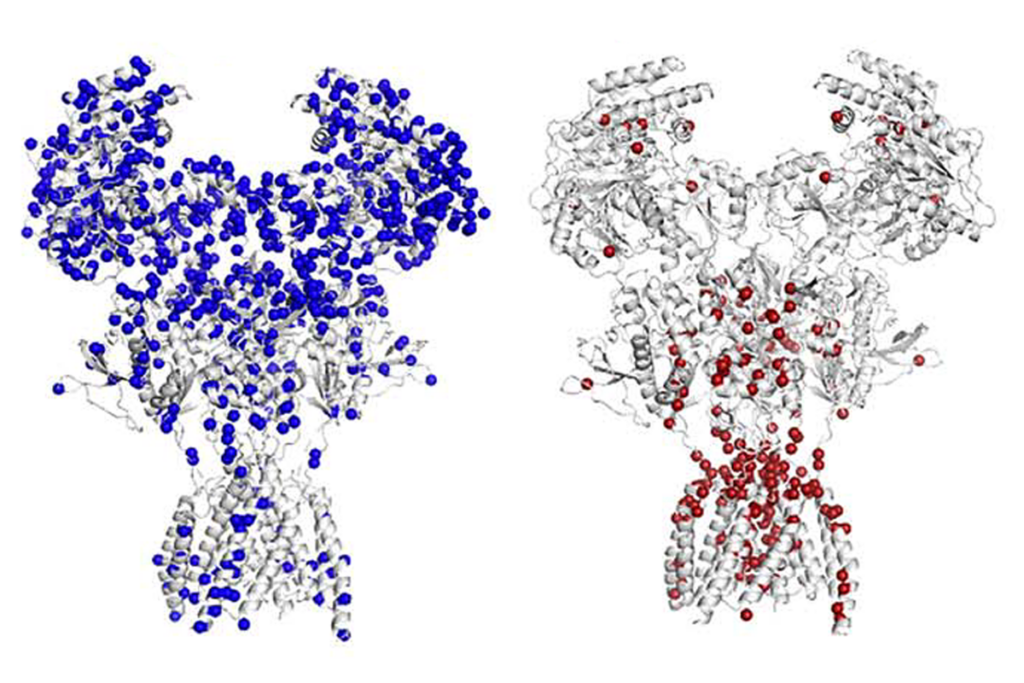Factorial scrutiny: Children who were born preterm have an elevated likelihood of being diagnosed with autism, and yet no genetic or environmental factors clearly account for that relationship, according to a new study. An analysis of 19 population studies found one significant predictive factor for autism in preterm-born children: male sex. Still, the threefold increase in odds linked to sex in babies born before 37 weeks of gestation is similar to that in full-term births. Other variables, such as maternal factors, birth complications and fetal conditions, which past studies had implicated, did not yield significant associations when combined across studies. The study’s authors call for more research. Biological Psychiatry Global Open Science
More autism research we spotted:
- “CHD8 adulthood microglial knockdown in C57BL6 mice induces behavioral, morphological, and transcriptional changes in a sex-dependent manner” Translational Psychiatry






